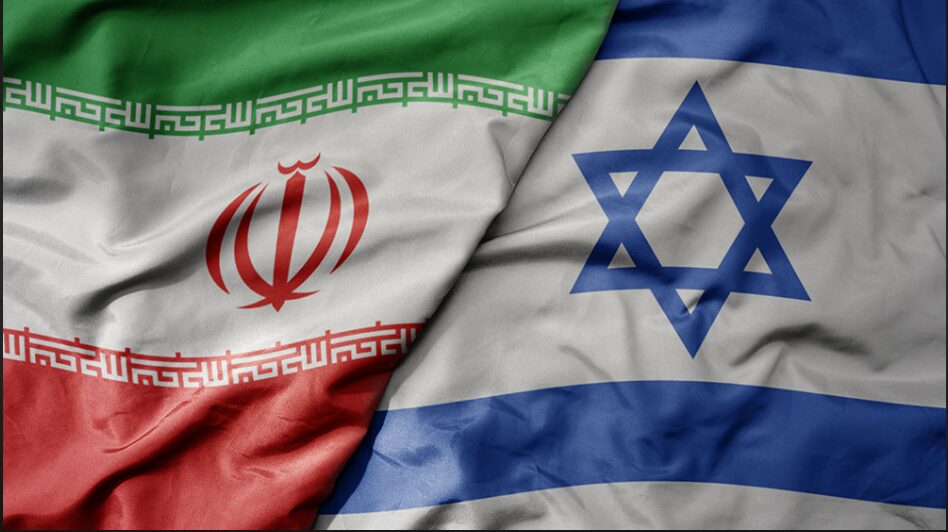Iran-Israel tensions are running high. Israel has vowed to respond to the massive Oct 1 missile attack by Iran, assuring it won’t target the nuclear and oil sites in the Shi’ite nation. Tehran has also said it is prepared for giving a befitting reply to Israeli aggression. Now, as the geopolitical crisis in Middle East drags on, Iran has now unveiled a massive weapon, which officials claim is even superior to the nukes.
Iranian Brigadier General Ebrahim Rostami on Oct 15 claimed that Iran has “weapons that are far superior to nuclear weapons.”
He added the weapon is well-tried and tested and was used in an attack on oil tankers in the UAE in 2019.
Rostami said, “When Trump wanted to reduce our oil exports, there were a number of tactical operations. I will not say who carried them out, but five tankers blew up in the highly guarded port of Fujairah. They did not even know where the attack came from. They even filed a complaint with the UN. The UAE accused us, but could not provide evidence. These are some of the examples I can mention.”
Now, this is a major warning from Iran to Israel as well as to the Arab allies of the US. The warning came after last week, a group of lawmakers urged Iran government to review the country’s defense doctrine and remove the ban on developing nuclear weapons.
Responding to their calls, Rostami said the lawmakers were unaware of “some aspects” of Iran’s defense regime, because it involved “highly classified and top-secret information.”
By recalling the alleged 2019 attack on the UAE, Iran has also issued a stern warning to Arab states, highlighting its military prowess to attack any target in the region.
Wall Street Journal reported that Iran has issued warnings to Jordan, the United Arab Emirates (UAE), Saudi Arabia, and Qatar, where the US has military bases.
In fact, Iranian Foreign Affairs Minister Abbas Araghchi even travelled to Riyadh in early October and warned that Iran may deploy its militias in Iraq or the Houthi militia in Yemen against Saudi Arabia if it supports any Israeli attack.
Meanwhile, Arab states are alarmed too. They are now lobbying the US to prevent Israel from attacking Iranian oil facilities. Also, they have assured Iran that their airspace will not be used for attacks on the Shi’ite nation.
Saudi-Iran ties have turned frosty as several hardliners in Tehran have accused Riyadh of merely being a spectator to the Israeli war in Gaza.
On the other hand, Saudis are concerned about Iran’s full backing to Houthi fighters in Yemen. Just last month, Turki al-Faisal, a former Saudi intelligence chief and diplomat, expressed the kingdom’s disappointment at the way Iran has been helping the Houthis.
Faisal claimed that by continuing to interfere in Arab states such as Lebanon, Syria, Iraq and Yemen, as well as in Palestine, Tehran had not fulfilled its side of the diplomatic bargain struck between Iran and Saudi Arabia in China two years ago.
Middle East is in deep mess right now. Arab states want to remain on the sidelines as the war between Iran and Israel plays out. Iran meanwhile is urging co-operation from the Gulf states as well as threatening them at the same time.
